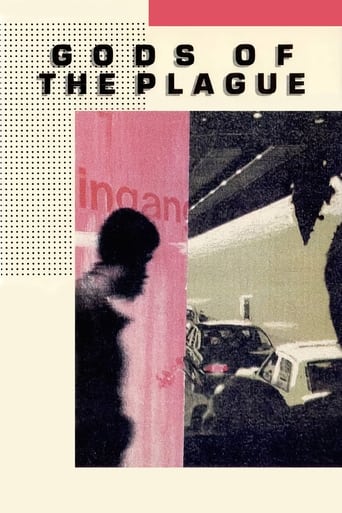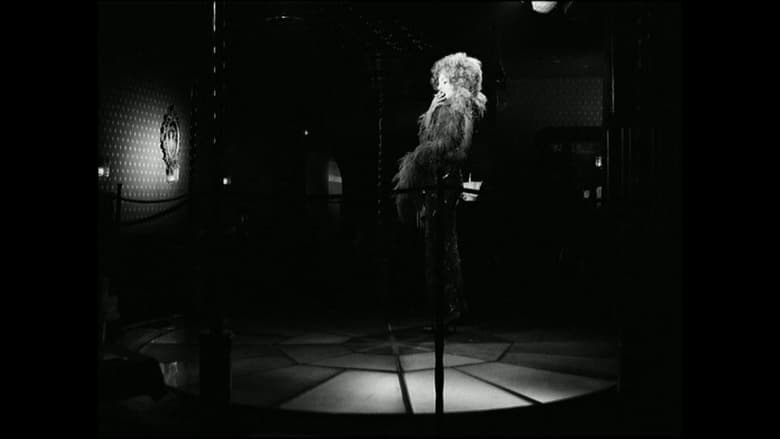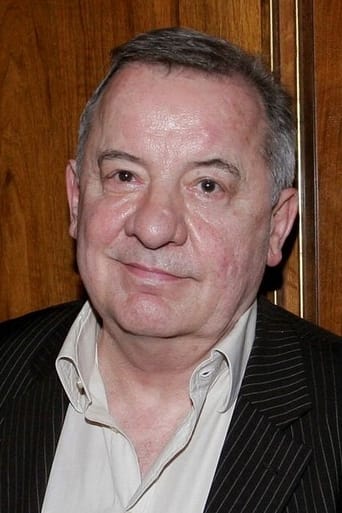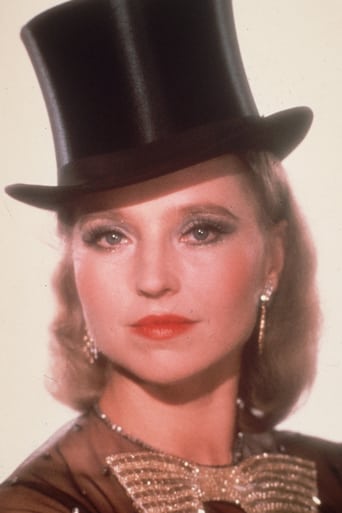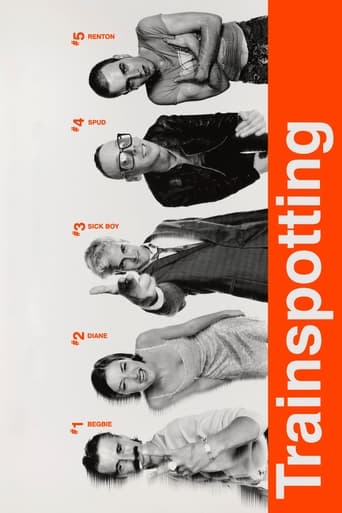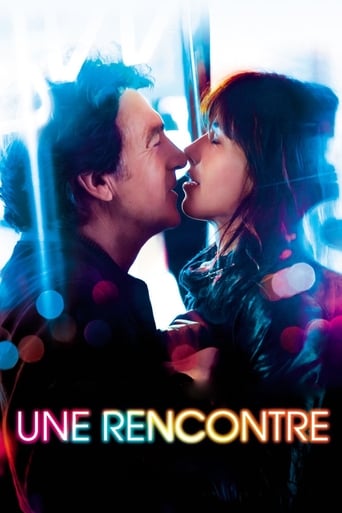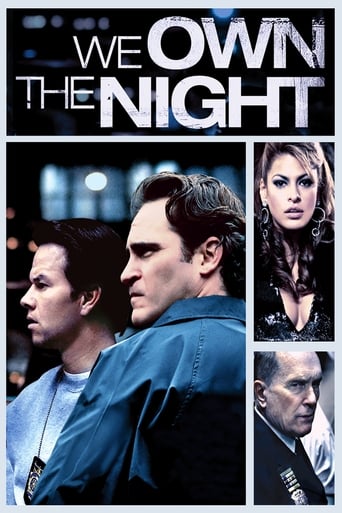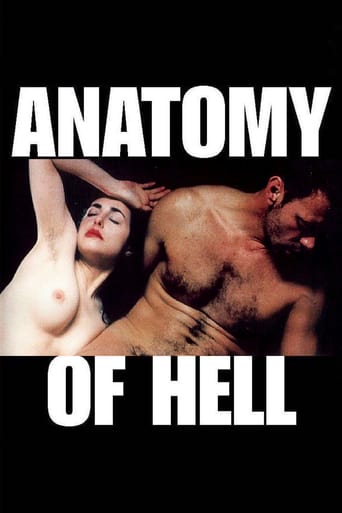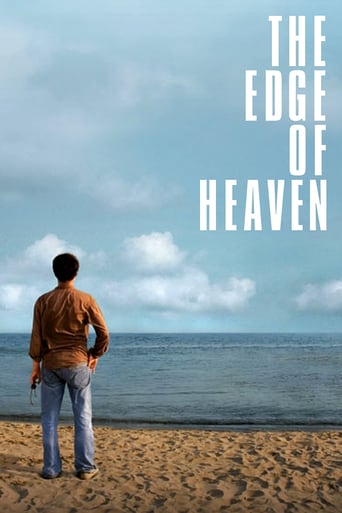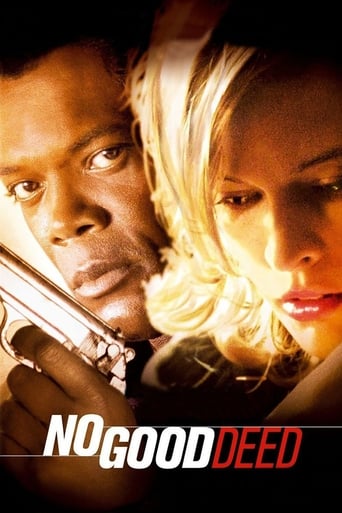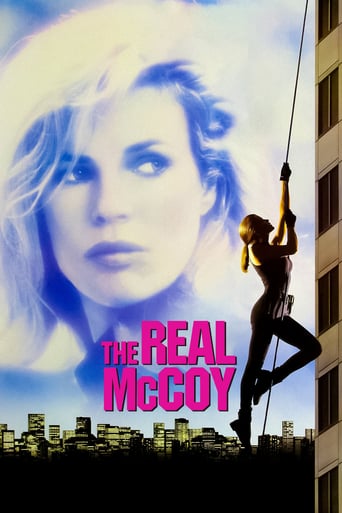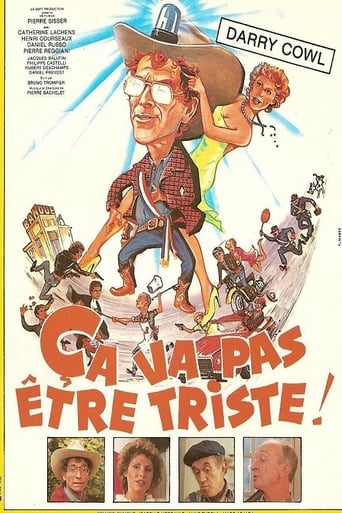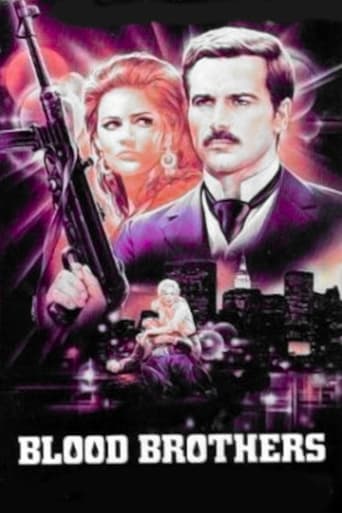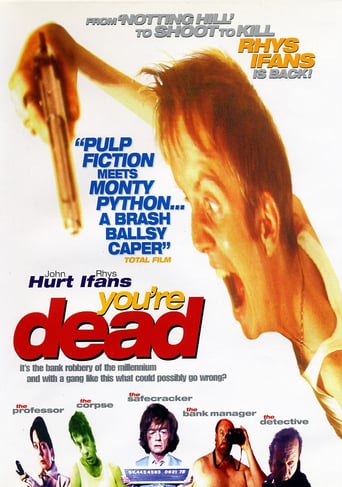Gods of the Plague (1970)
A man is released from prison and finds the society on the outside less than appealing. With several women as well as the police on his tail, he sets out to find an old friend.
Watch Trailer
Free Trial Channels
Cast


Similar titles
Reviews
It is a performances centric movie
Excellent but underrated film
A Brilliant Conflict
One of those movie experiences that is so good it makes you realize you've been grading everything else on a curve.
I think the more bitter you are, the more you understand a Fassbinder film. Some of them I just don't get at all, but in ten years time I should be there.Something I always find so funny about Fassbinder's films is that he directed his actors -- with the exception of Hanna Schygulla, who had a very different, sensual aura -- to perform as if they would rather be anywhere else in the world but there; it's almost as if he's standing behind the camera with a loaded gun, forcing them to do it.. which may actually have been the case, now that I think about it. His films are more 'depressed' than 'depressing'. It's a style that not everyone can appreciate.'Gods of the Plague' is an early Fassbinder film, a weird film noir crime tribute/pastiche with no jokes and some really interesting cinematography.
With having found out a while ago that a friend had recently become a fan of writer/director Rainer Werner Fassbinder's (who I heard about for the first time 2 years ago,on the excellent audio commentary for Dario Argento's The Bird With The Crystal Plumage)work,I decided to take a look on Ebay in the hope of tracking down,any possibly overlooked Fassbinder titles.Getting near the end of the first page,I was shocked to spot a Fassbinder film that was about to go for pennies!,which along with being a very intriguing title that my friend would enjoy,would also give me the chance to take a look at Fassbinder for the first time.The plot:Relesed from jail after serving a long sentence,small time crook Franz Walsch is relived to find that despite his time away from the outside world,the city's underworld is still run by the gangster's and dames that he has spent his while life surrounded by.Welcomed back into the underground world by the arms of his singer/mistress Joanna,Walsch finds his attention on Joanna being obstructed by the sight of his brother's (who was murdered by a fellow small time crook called "The Gorilla") former girlfriend Magdalena Fuller.Searching for "The Gorilla",Franz finds his desire to avenge his brother's death to slowly subside,as he finds his interaction with "The Gorilla" quickly changing to each of them agreeing with the other's philosophy on life.Accepting that his brother's death was "just business",Walsch begins planning with "The Gorilla" about committing a heist at a local supermarket.Unbeknowst to Franz and "The Gorilla",as each of them begin to plan their upcoming heist,Walsch's cold-shouldered mistress Joanna begins to have meetings with a cop,who is very interested in Franz and "The Gorilla's" current activates.View on the film:Looking around online for any info related to this great Film Noir, (which forms the middle section of a loose trilogy of movies nicknamed "The Franz Trilogy")I was astonished to find out that this film was only editor/actor/writer/director Rainer Werner Fassbinder's third feature title,due to Fassbinder showing an assertiveness and stylish eye that is well beyond being mere baby steps in film making.Opening with a steady tracking shot which creates a strong impression about the amount of time that Franz has spent behind bars,cinematography Dietrich Lohmann and Fassbinder ,(who along with playing Franz in his first 2 features,would also use the character's name as an editor's pseudonym) reveal that the underbelly of the world which Franz had to leave behind,has been left at a complete standstill,with Fassbinder giving the movie a very stylised low-lit appearance,which along with creating a strong Film Noir atmosphere,also shows how each of the character's are attempting to keep their true motive's from being pulled out of the shadows and into the glaring light.Whilst he shows a real focus in his eye catching directing,Fassbinder seems uncertain with the screenplay over how fast and how far he should allow Franz (who instead of being played by Fassbinder,is here played by a rough edge Harry Baer) to re-enter the dark shadows of the Film Noir world Franz had left behind with his lover Margarethe, (played by a striking Margarethe Von Trotta)with Fassbinder allowing Franz to stay in the light (with the exception of the wonderfully bleak ending) just a little bit too long,which leads to this plague of a Film Noir not being as deadly as it easily could have been.
"Gods of the Pest" (1970) with its hermetic title seems to be a clue-movie in the work of director Rainer Werner Fassbinder. Roughly speaking, it tells the story of Franz Walsh who has just been released from the Munich prison in Stammheim. We are not told for how long he was imprisoned, but the camera stands for considerable time on the signboard on which the name of the prison is written. Thus, we do not see either, if the Franz from "Gods of the Pest" is dizzy as is the Franz from Fassbinder's "Berlin Alexanderplatz" (1982), when they get back to liberty. But both Franz' take the tramway, as Piel Jutzi's Franz (and as Herzog's "Stroszek") does, our Franz '(as Piel Jutz's Franz and Stroszek) enters a restaurant, from where the story develops (in Fassbinder's Alexanderplatz Franz is picked up by the Jew Nachum, and it follows the famous Zannowich-story). Franz Walsch - a Fassbinder amalgamate from the Berlin Alexanderplatz-Franz Biberkopf and the American film director Raoul Walsh - now bears much more common features than only sharing his first name with the Alexanderplatz-Franz. However, when asked for his passport in the hotels, Franz Walsch tells the receptionist that his name is Franz Biberkopf. Both Franz'are former prison-inmates for whom there is no future now in the outside world. They have no other chance than to following up their former life that they had left before having been arrested. However, in the beginning, both Franz Walsch and Franz Biberkopf promise that they well stay honest. In the case of Franz Walsch, he stands between his old and the new girlfriend. The old one loves him too much and gets dangerous, the new one raises a credit, and both are astonished how quickly the money is used up. While Franz Biberkopf in the Alexanderplatz gets back to be a pimp, Franz Walsch and his former colleagues plan a coup ... . Despite being slightly different, one can say that "Gods of the plague" can be seen as Fassbinder's first finger-exercise towards filming Döblin's novel (which he would do only 9 years after the present movie). Meanwhile, Fassbinder himself appears as Franz Biberkopf in "The American Soldier", he hides himself behind the cutter of his movies "Franz Walsch", and there is hardly any Fassbinder film where there is no Franz or no Biberkopf: variations of the same topic: Franz Biberkopf from Alexanderplatz has to exercise himself in many characters, in many places and in many societies and times before he will find himself, almost at the end end of Fassbinder's life, in his ultimate form.
If only Bayer or Pfizer could bottle this movie for insomniacs, they'd make an even bigger fortune than they do now. Fassbinder proved he could fashion unique cinematic art out of a bunch of people standing around excoriating each other in several of his early pictures, but here the internal tensions never mount and the tropes don't connect. Some claim it to be a homage to film noir, and certainly there is alienation, paranoia and betrayal in spades, as well as iconic visual references to classics like Laura and Double Indemnity. But the moody lighting and framing in his excellent "The American Soldier" are much closer to the noir stylings of Alton and Planer than the arid non-style here. However, the greatest offense of the film is the inclusion of a seemingly endless, static sequence featuring the playing of a phonograph record of a gimmicky children's tune about an oddball menagerie -- I guarantee you that this nauseating little ditty will echo in your skull for days. At the same time, the subtitlers are owed a great deal of credit for their incisively clever translation of the absurd rhyming couplets into (very British) English.

